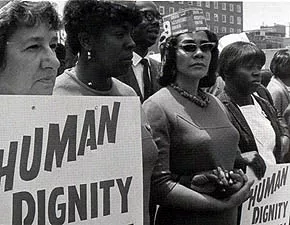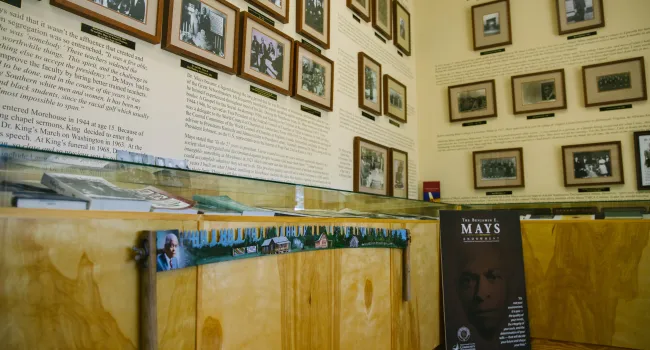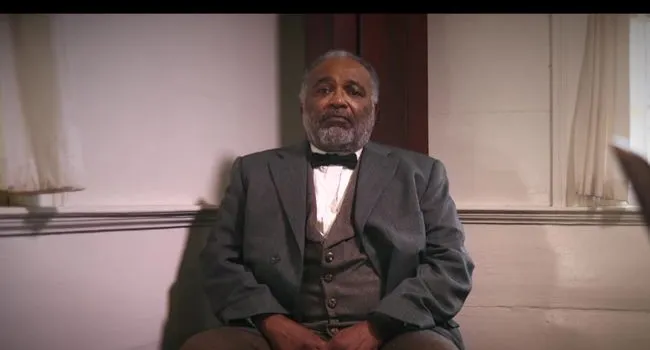
Video
Despite being a small town in South Carolina, Hartsville, SC produced two honorees of the South Carolina African American History calendar, who grew-up together at the same time: Jannie Harriot (May...
Black History Month is celebrated every February to honor the achievements of African Americans who have shaped American history. Historian Carter G. Woodson hoped to raise awareness of African American's contributions to civilization by establishing Negro History Week. The event was first celebrated during a week in February 1926 that included both Abraham Lincoln and Frederick Douglass' birthdays. The week was later expanded to a month in 1976 during the United States bicentennial.
PHOTO: On March 20, 1969, Black hospital workers at the Medical College of South Carolina in Charleston went on strike to protest the firing of twelve employees and to call for higher wages and union recognition.

Video
Despite being a small town in South Carolina, Hartsville, SC produced two honorees of the South Carolina African American History calendar, who grew-up together at the same time: Jannie Harriot (May...
Video
Despite being a small town in South Carolina, Hartsville, SC produced two honorees of the South Carolina African American History calendar, who grew-up together at the same time: Jannie Harriot (May...
Video
Despite being a small town in South Carolina, Hartsville, SC produced two honorees of the South Carolina African American History calendar, who grew-up together at the same time: Jannie Harriot (May...
Video
When you look at the scenery of South Carolina’s Lowcountry, it’s hard not to admire its beauty and wildlife. Also native to this region, is one of South Carolina's most unique group of people... the...
Document
ETV Education asked students from Benjamin E. Mays Elementary School in Greenwood, SC to investigate, analyze, formulate questions, and research potential captions for the Let’s Go Interactive of the...
Video
Episode One: Conversations on Hair, History, and Popular Culture Conversations with Crescent is an animated educational series created by Black female students in South Carolina. In the series...
Video
Many of the foods enjoyed by enslaved and freedpeople - and Americans today - originally came from Africa. In this video culinary historian Michael Twitty discusses the origins of African American...
Video
Black Churches have often served as places to meet and organize, and during Reconstruction many religious leaders were elected to political office. In the Civil Rights movement of the 20th century...
Video
In West Africa, elders are greatly respected and family groups often form the basis of society, but the institution of slavery tore African American families apart. Freedom meant that families...
Document
This worksheet accompanies the Conversations with Crescent episode, Conversations on Hair, History, and Popular Culture. Part 1 includes a series of foundational comprehension questions. Part 2...